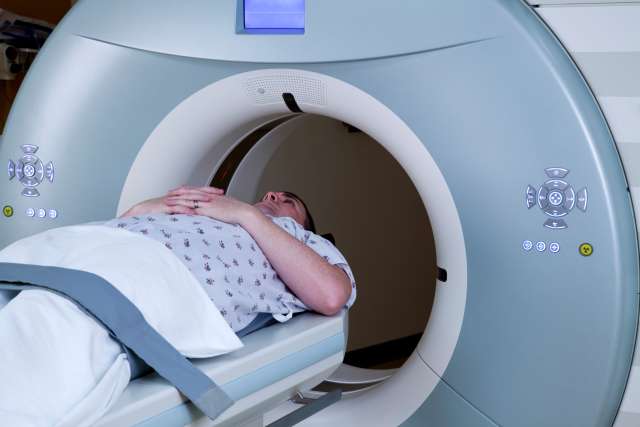Judith Carroll and Julienne Bower have been awarded a grant from the National Institutes of Health and the National Cancer Institute to study the biological processes that might explain differences in vulnerability to long-lasting side effects in women surviving breast cancer.
With advances in therapies that fight cancer, the chances of surviving this disease has greatly increased in recent years. Today, there are an estimated 3 million breast cancer survivors in the United States alone. But these lifesaving treatments also come with some risks, which can include problems with cognitive function, fatigue and pain that can last for years after successful treatment.
To address this, Carroll and Bower, who are both members of the UCLA Jonsson Comprehensive Cancer Center, have focused their research on examining the impact therapies, such as chemotherapy and radiation, can have on cellular function among women with breast cancer. This includes the effect these therapies can have on biological processes in the cells that are closely tied to aging. This damage might be responsible for speeding up some survivors’ decline in cognitive function and overall physical health. The researchers’ ultimate goal in their work is to identify the factors influencing risk for these late effects of treatments so that interventions can be developed to protect patients, helping survivors and their physicians manage or prevent these lifelong post-treatment symptoms.
Carroll is an associate professor of psychiatry and biobehavioral sciences in the David Geffen School of Medicine at UCLA. Bower is a professor of psychology in the UCLA College and psychiatry and biobehavioral sciences. Carroll and Bower also are affiliated the Cousins Center for Psychoneuroimmunology, and the Semel Institute for Neuroscience and Human Behavior at UCLA.





